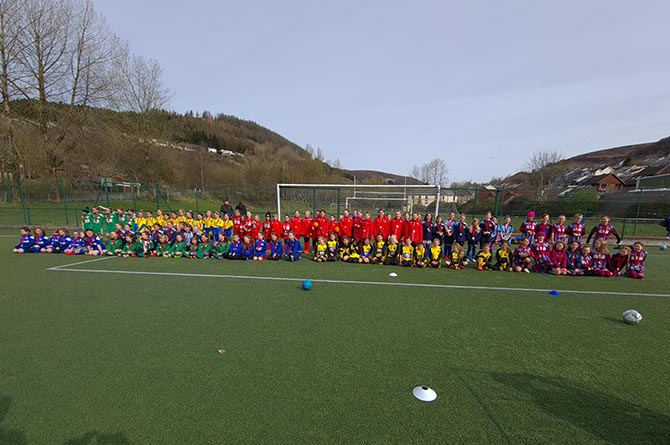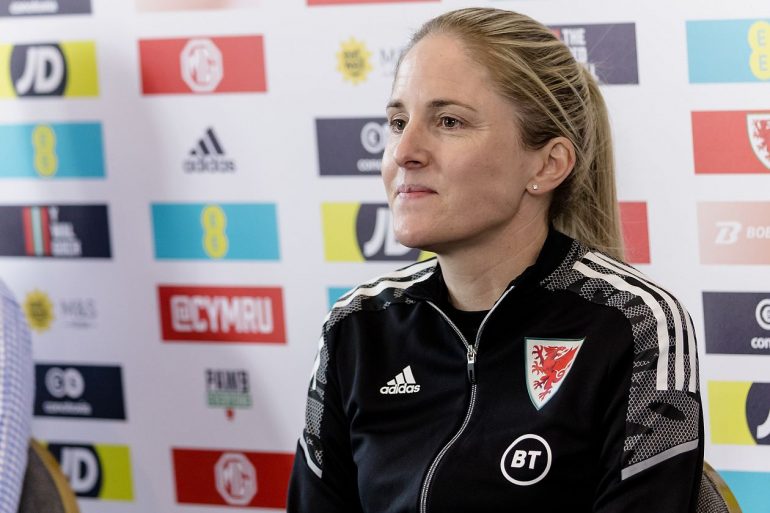The Football Association of Wales (FAW) made the decision to pay the men’s and women’s national sides equally two days ago
WALES has joined the likes of England, America, and Brazil in agreeing to pay both national sides equal wages, with the men’s side taking a 25% wage cut to make the deal happen.
But is this genuine progress or a more of a symbolic gesture?
Women and girls’ football is one of the fastest growing sports in Wales.
In October last year, the FAW reported a record attendance at the Cardiff City Stadium for a Welsh women’s game, as almost 13,000 fans turned up to watch Gemma Grainger’s side beat Bosnia and Herzegovina in a World Cup playoff match.
Although international football wages aren’t disclosed, we know Wales’ men’s squad received almost eight million pounds at the Qatar World Cup, despite being eliminated after the group stages.
We also know the overall men’s prize pot at the World Cup was a whopping $440million, with the women’s World Cup in July 2023 offering just $60 million between the 32 teams.
Despite this disparity, there has been serious investment at the top level of women’s football, with the FAW being the latest to invest in their stars. But what about at the bottom of the football pyramid?
The Cardiffian spoke to Wayne Brinkley, who is secretary of the newly formed Gwent Girls League, that boasts over 700 players from the age of six across Gwent County.
“It’s a huge step in the right direction, but more can be done,” he said.
“Here in Gwent, the game is growing faster than ever, and we can’t keep up with the growth. The investment needs to be focused on the bottom or you won’t have a top in the future.
“Facilities are still poor and it’s difficult to sort it all out ourselves.”
Mr Brinkley and several hundred of the girls in the league made up the record crowd against Bosnia.
“For the girls to see their heroes in the flesh was great,” he said.

“If you compare it to four-years-ago, the scene has changed drastically, matches are a great day out and the atmosphere is really friendly.”
Coach of Caerphilly Castle Ladies, Bethan Bushen, had a slightly different opinion. When asked if she was concerned about too much money at the top. She said: “Without the top of the pyramid, there is no grassroots game.
“We need investment and coverage of the top teams to help fund the bottom. Their success determines our success.”
Ms Bushen admitted that facilities, especially pitches, are sub-standard, but is optimistic about the future of the game. She added: “The announcement has had a positive impact, we’re already growing as a club, and a sport.
“This announcement means that girls who want to play football for a living can now afford to invest their time and not worry about money if they get to the top.”
FAW CEO Noel Mooney was very pleased with the agreement, saying: “The FAW is a modern, progressive movement that seeks to improve each day. This is another step towards becoming one of the world’s great sports organisations and we thank both the Men’s and Women’s squads for their brilliant co-operation in getting this agreed.”
Wales women next play on February 15 against the Philippines in the Pinatar Cup.



